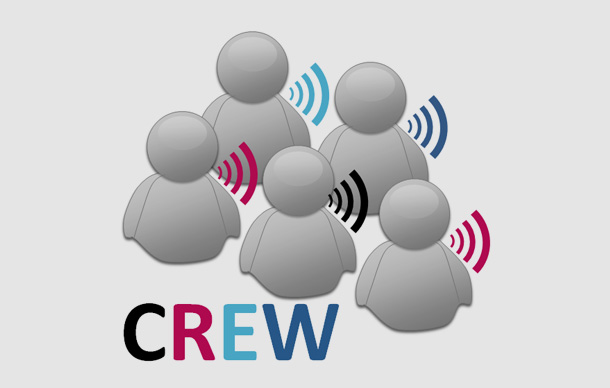Published on 31/01/2022

About the project:
Investigating the potentials of Experiment-based Validation of Control Channels for Cognitive Radio Systems (EVOLVE). WINGS joined the CREW consortium as an Open Call partner in order to proceed to certain experimentation activities.
The aim of EVOLVE was to exploit various components and facilities of the overall CREW testbed in order to conduct realistic experiments for assessing and validating the performance of Control Channels for Cognitive Radio Systems (CC-CRS) in various scenarios. For this purpose, EVOLVE aimed to exploit developed CC-CRS components and interfaces and integrate them into the CREW testbed. Specifically, for various Cognitive Radio Systems (CRS) operation scenarios the exchange of corresponding messages over CC-CRS interfaces and CREW testbed facilities was monitored, so as to record performance indicators such as the total number of received and sent bytes, the signalling data bytes of every message that is sent or received, the time required for the exchange of information etc.
Regarding the obtained benefits, the user can achieve sufficient throughput and delay even when 5 hops are needed to communicate with the AP, due to the proximity of the devices. In addition, the operator can reduce its operating expenditure due to the fact that the devices can exploit their neighbours in order to maintain their QoS and there is no need for deployment of more infrastructure nodes. Finally, it should be noted that the developed solution takes into account the overhead of the signalling load. Therefore, in our experiment with 20 terminals the signalling load was around 2 Mbps.
The figure that follows shows an indicative topology of w.iLab-t testbed which was used for the experimentation. In the experimentation static and mobile nodes (robot) are considered for the evaluation.


Website: http://www.crew-project.eu/
Framework: EC/FP7
Duration:


